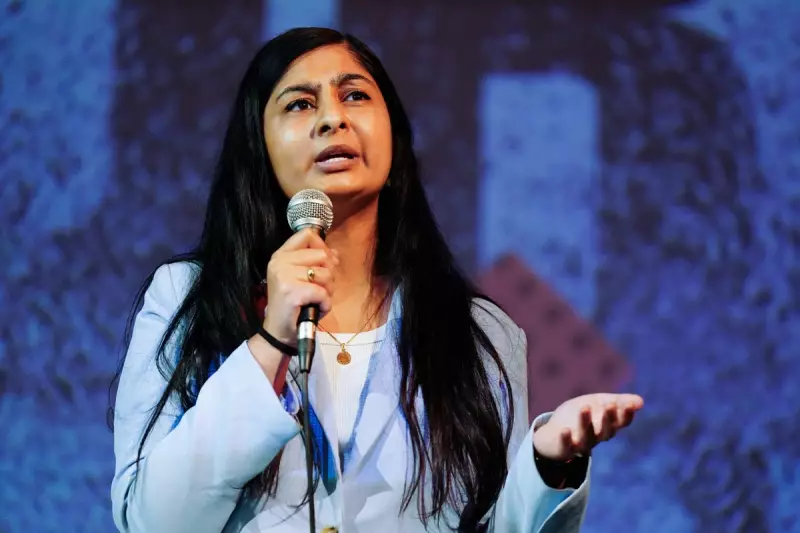
In a bold move that signals growing discontent within the Labour Party, MP Zarah Sultana has unveiled a new political initiative called 'The People's Parliament', positioning it as a radical alternative to establishment politics.
A New Platform for Progressive Voices
The Coventry South MP announced the formation of this independent platform during a passionate speech that criticised the current political landscape. Sultana described the initiative as "a space for grassroots movements and progressive voices that feel increasingly marginalised by mainstream politics".
This development comes amid ongoing tensions within the Labour Party, where many left-wing members feel their influence has diminished since Jeremy Corbyn's departure from leadership.
Challenging the Political Establishment
Sultana didn't hold back in her criticism of the current political system, stating that "Westminster isn't working for ordinary people". Her new movement aims to:
- Amplify voices typically excluded from political discourse
- Challenge corporate influence in politics
- Build cross-movement solidarity among progressive causes
- Create alternative spaces for political education and organisation
Internal Labour Party Dynamics
The announcement highlights the continuing divisions within the Labour Party, where the left-wing faction represented by Sultana and former leader Jeremy Corbyn maintains significant influence despite no longer controlling the party leadership.
Political analysts suggest this move represents a strategic adaptation by the Labour left, creating external pressure points while maintaining their position within the party structure. Sultana emphasised that The People's Parliament would operate separately from but complementary to her work as a Labour MP.
Building Momentum Beyond Party Lines
The initiative appears designed to harness the energy of social movements that have emerged in recent years, including climate activism, racial justice campaigns, and workers' rights organisations. By creating a formal structure to connect these disparate groups, Sultana hopes to build a cohesive political force capable of influencing the national conversation.
This approach reflects a growing recognition among progressive politicians that "change often comes from outside traditional party structures", as Sultana noted in her announcement.





